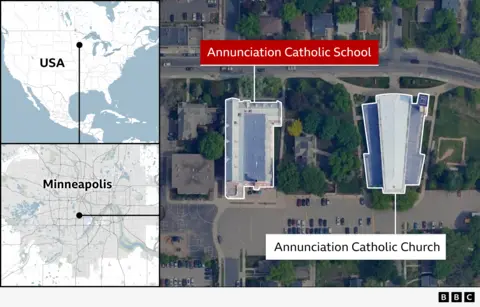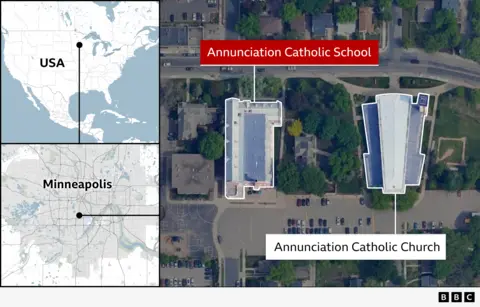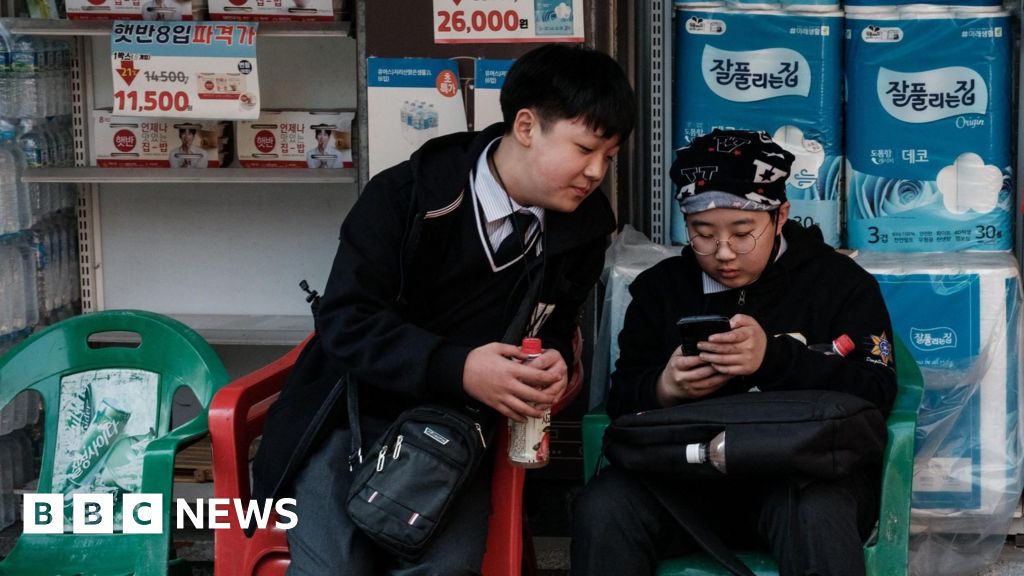The provincial investigation following the incident has revealed that several government and hospital employees attempted to suppress the details surrounding the lead poisoning case affecting students at Peixin Kindergarten in Tianshui, Gansu province. As reported by Gansu authorities, these officials falsified blood test results and accepted bribes from an investor, allowing unsafe food practices to continue unchecked.
The unethical actions of the kindergarten’s staff were driven by a desire to boost enrollment numbers. Meals served to children were adulterated with inedible paint to make them visually appealing, which resulted in food samples revealing lead levels exceeding national safety limits by a staggering 2,000 times.
In the aftermath of the findings, law enforcement has detained eight individuals linked to the manufacturing of the toxic food, with six, including the principal and investors, now arrested. An additional 10 officials face formal inquiries, and 17 others are under disciplinary scrutiny.
The alarming episode first attracted public attention when 235 children were reported hospitalized for lead poisoning on July 8, after consuming tainted food, with 234 subsequently discharged as of the latest updates. Investigations by the Gansu Provincial Centre for Disease Control and Prevention indicated that the staff responsible for conducting blood tests mishandled the protocols, further complicating the case.
The official report not only pinpointed individuals involved in the scandal but also criticized the management and response of staff at the Tianshui No. 2 People's Hospital, describing it as chaotic and inefficient.
Public reactions to this official report have been mixed; many citizens praised the transparency of the disclosure, while others voiced demands for accountability from those involved in the scandal. The initial response from the central government has been relatively swift, as it has brought together experts to evaluate and address systemic issues within food safety protocols.
In light of these revelations, the Chinese government has released new national guidelines aimed at ensuring the safety of meals served in educational institutions. These measures include mandatory testing of all food batches and changing procurement methods for essential food items.
To aid the affected families, authorities in Tianshui have initiated free medical treatment for children diagnosed with lead poisoning and committed to providing legal support for those impacted. Additionally, Peixin Kindergarten will be taken over temporarily by state-run educational facilities to guarantee proper oversight moving forward.
The unethical actions of the kindergarten’s staff were driven by a desire to boost enrollment numbers. Meals served to children were adulterated with inedible paint to make them visually appealing, which resulted in food samples revealing lead levels exceeding national safety limits by a staggering 2,000 times.
In the aftermath of the findings, law enforcement has detained eight individuals linked to the manufacturing of the toxic food, with six, including the principal and investors, now arrested. An additional 10 officials face formal inquiries, and 17 others are under disciplinary scrutiny.
The alarming episode first attracted public attention when 235 children were reported hospitalized for lead poisoning on July 8, after consuming tainted food, with 234 subsequently discharged as of the latest updates. Investigations by the Gansu Provincial Centre for Disease Control and Prevention indicated that the staff responsible for conducting blood tests mishandled the protocols, further complicating the case.
The official report not only pinpointed individuals involved in the scandal but also criticized the management and response of staff at the Tianshui No. 2 People's Hospital, describing it as chaotic and inefficient.
Public reactions to this official report have been mixed; many citizens praised the transparency of the disclosure, while others voiced demands for accountability from those involved in the scandal. The initial response from the central government has been relatively swift, as it has brought together experts to evaluate and address systemic issues within food safety protocols.
In light of these revelations, the Chinese government has released new national guidelines aimed at ensuring the safety of meals served in educational institutions. These measures include mandatory testing of all food batches and changing procurement methods for essential food items.
To aid the affected families, authorities in Tianshui have initiated free medical treatment for children diagnosed with lead poisoning and committed to providing legal support for those impacted. Additionally, Peixin Kindergarten will be taken over temporarily by state-run educational facilities to guarantee proper oversight moving forward.




















